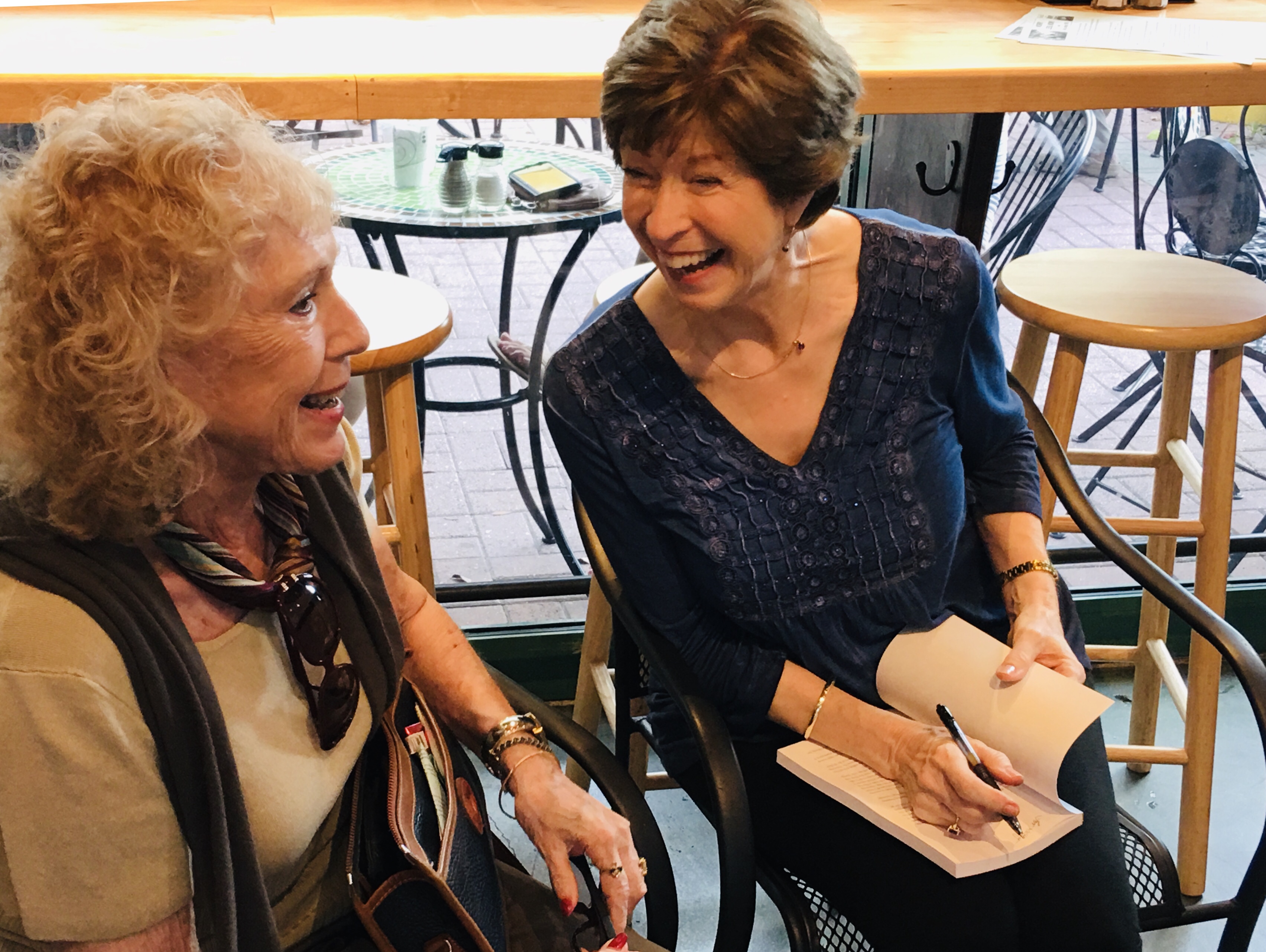Do you have a voice in your head that incessantly whispers lies of impending doom or replays past events in the hope of changing them?
It might sound like this: “I always…(fail, am rejected, sabotage my success)” OR “If only he or she would (fill in the blank), we would all be okay.“
Although I used to hear this voice often, over the years I’ve learned to turn such negative thoughts into positive ones. Here are a few tips that might help you do the same.
- Notice how the voice in your head causes tension in your body and perhaps emotions of anger, pain, frustration, envy, or a need for security, recognition or love.
- Stand apart from the thoughts and feelings, as if you’re on a balcony observing them. Do NOT condemn them.
- Breathe slowly and deeply until your body calms down. Withdraw your attention from your worrying and focus on your breathing.
- Recognize who is watching the thoughts. It’s a part of your mind independent of your thoughts and emotions. This is your true self (higher self, God-mind, etc). It is greater, stronger, and wiser than the imagined disturbances.
- Make a choice: Do you want to stay in the drama of the fear-filled voices in your head, or do you want to experience peace and happiness?
- Write your mind’s false messages in a journal. Notice that many of them predict one of two horrible things: 1) past pain will repeat itself, or 2) the future will be disastrous. KNOW THAT NONE OF THESE IS TRUE.
- Dissolve your mind’s lies by using meditation, affirmations, prayer, therapy, yoga, inspirational reading, groups, energy work, or any other method to connect with the goodness and light of your true self.
As you refuse to believe the fearful voice in your head, sooner or later the answers to your troubles will appear in the most amazing way and for the best of all involved.
HOW DO YOU CALM YOUR OWN NEGATIVE THOUGHTS? I’d love to hear from you!
 GIGI LANGER is the former “Queen of Worry” whose award-winning book, 50 Ways to Worry Less Now, rates 4.7 stars on Amazon. She holds a PhD from Stanford University in Psychology in Education.
GIGI LANGER is the former “Queen of Worry” whose award-winning book, 50 Ways to Worry Less Now, rates 4.7 stars on Amazon. She holds a PhD from Stanford University in Psychology in Education.